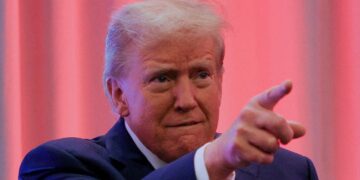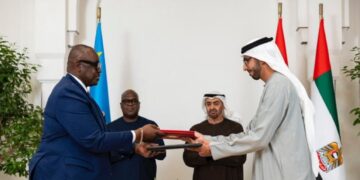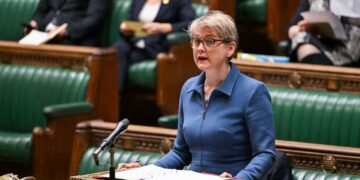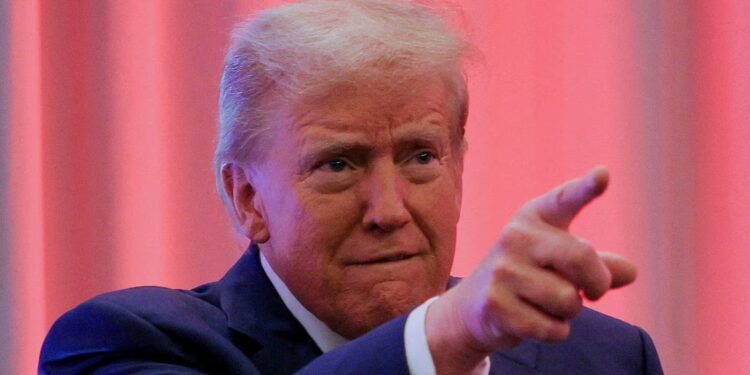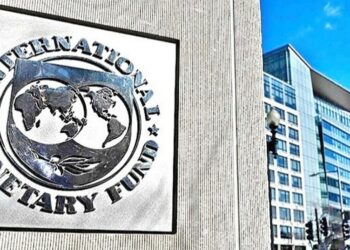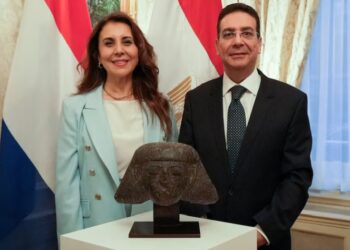U.S. President Donald Trump has cast doubt on his attendance at November’s G20 summit in South Africa, demanding the government address what he called “a terrible situation” facing white Afrikaners before he would consider travelling to the country.
His remarks at a White House press conference on Monday escalated tensions with Pretoria, following his administration’s controversial decision to grant asylum to 49 white South Africans earlier that day.
Trump linked his potential boycott to unverified claims of land expropriation and violence against white farmers, stating: “South Africa leadership is coming to see me… I don’t know how we can go unless that situation is taken care of.”
The comments came hours after South Africa’s International Relations Minister Ronald Lamola stressed that all G20 leaders were invited, but attendance remained their sovereign decision.
The U.S. State Department, responding to queries, confirmed it continues to prioritize asylum applications from those alleging racial persecution, a policy implemented through a February executive order.
Trump framed Monday’s arrivals as refugees escaping “violence,” though South Africa’s government has repeatedly denied systemic persecution of white citizens, noting they retain disproportionate economic power nearly 30 years after apartheid.
The threat follows months of strained relations. The Trump administration has boycotted all G20 meetings under South Africa’s presidency, expelled Pretoria’s ambassador in March, and halted diplomatic engagement with the bloc.
Secretary of State Marco Rubio has accused South Africa of promoting “anti-American” policies, while Pretoria maintains the U.S. stance is based on misinformation.
Analysts suggest Trump’s rhetoric aligns with his broader nationalist agenda ahead of the 2024 election, appealing to conservative voters. But the boycott threat risks further isolating the U.S. in multilateral forums, with the G20 representing 80% of global GDP, set to discuss critical issues like climate change and debt relief.
South Africa’s presidency reiterated its commitment to constitutional equality, calling claims of genocide “false” and politically motivated.
